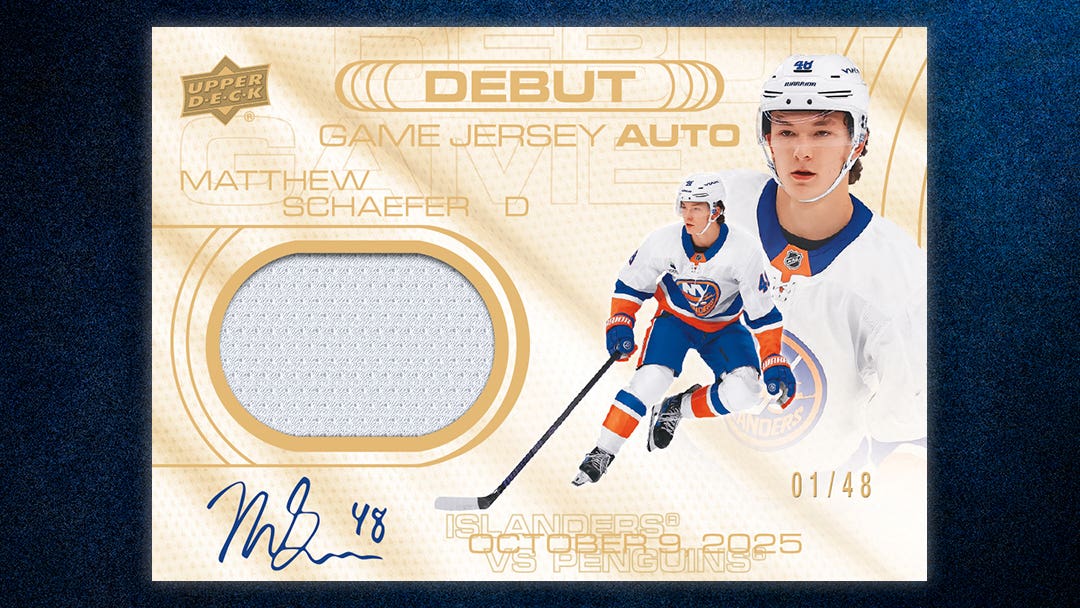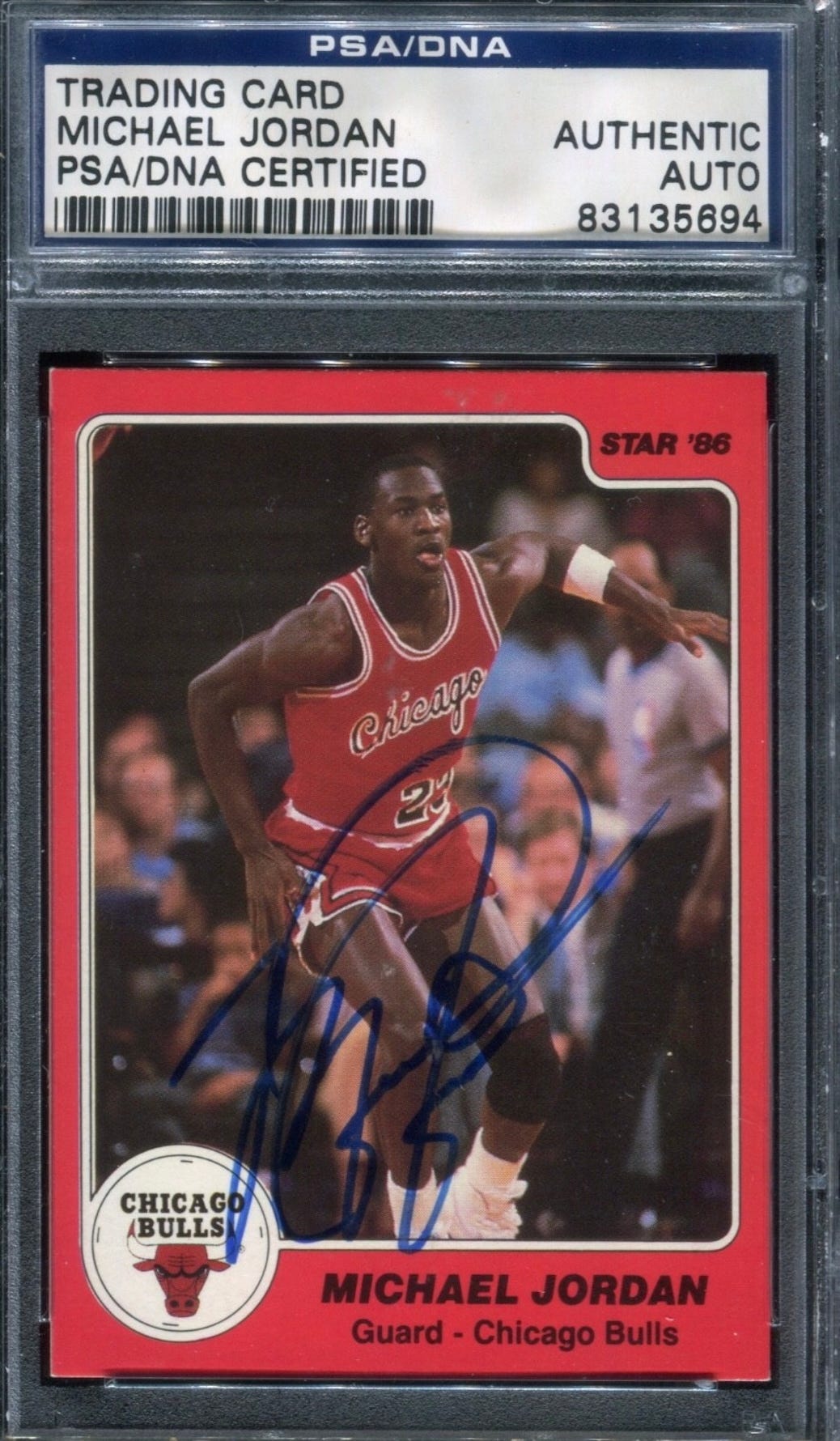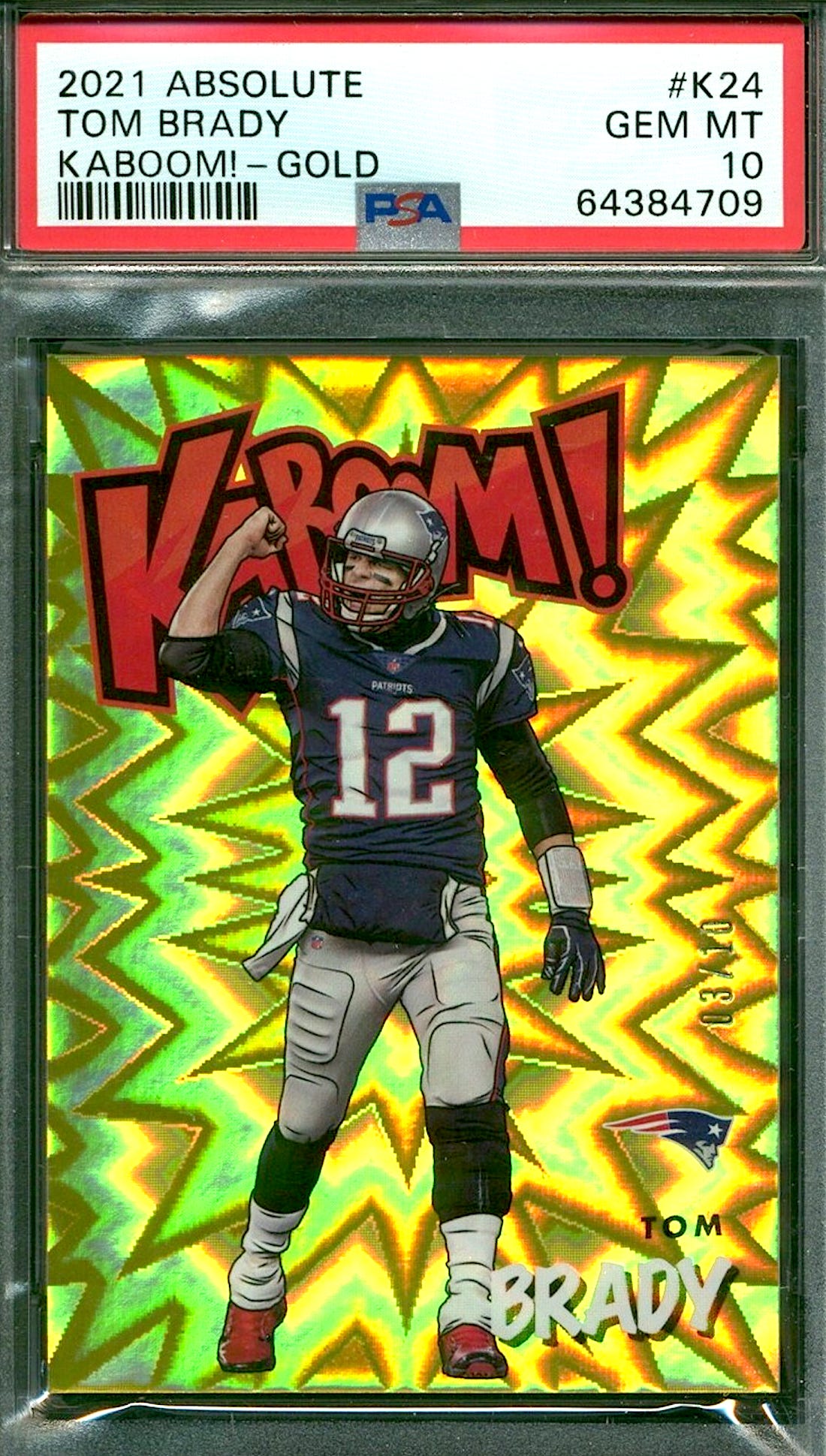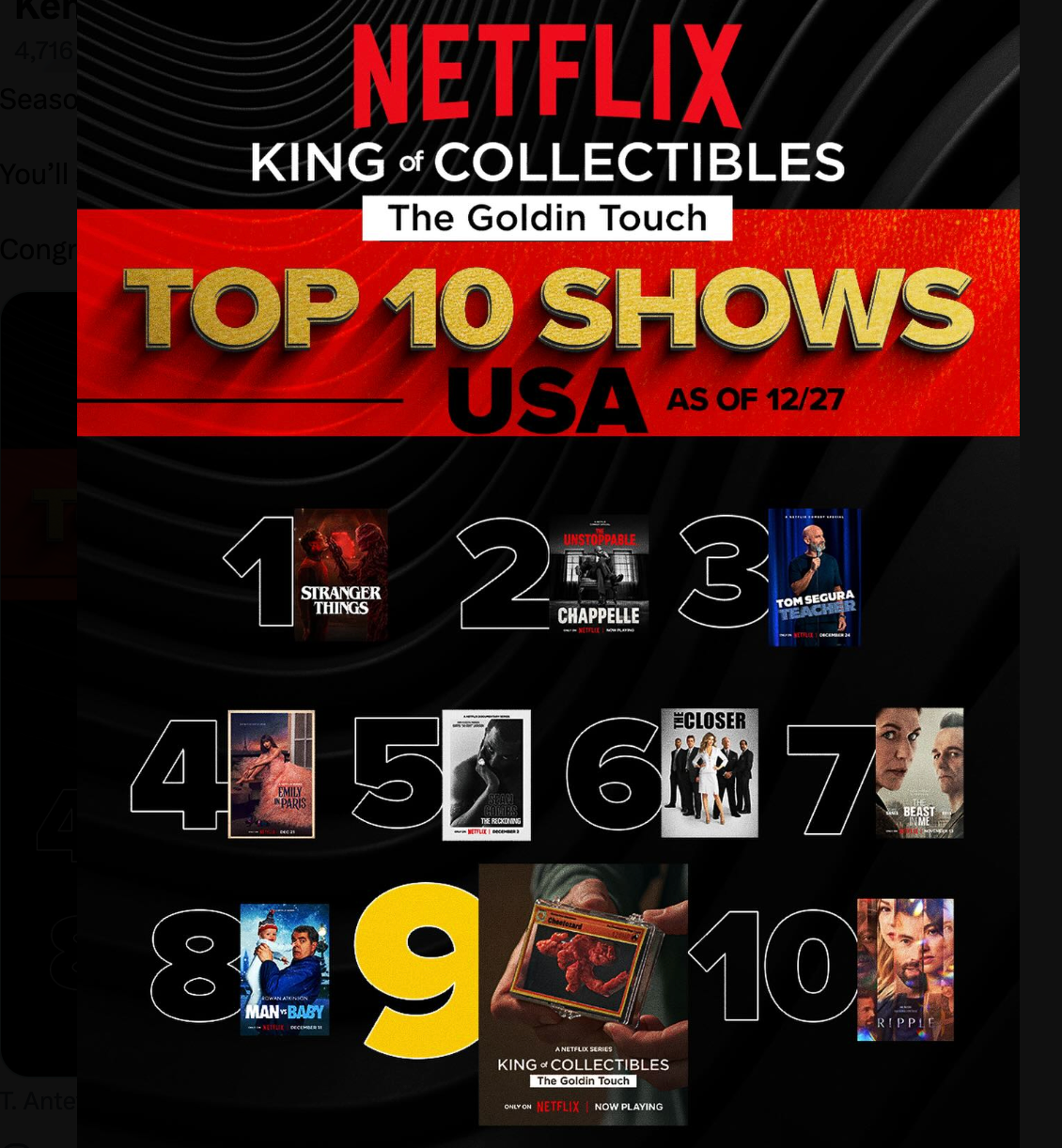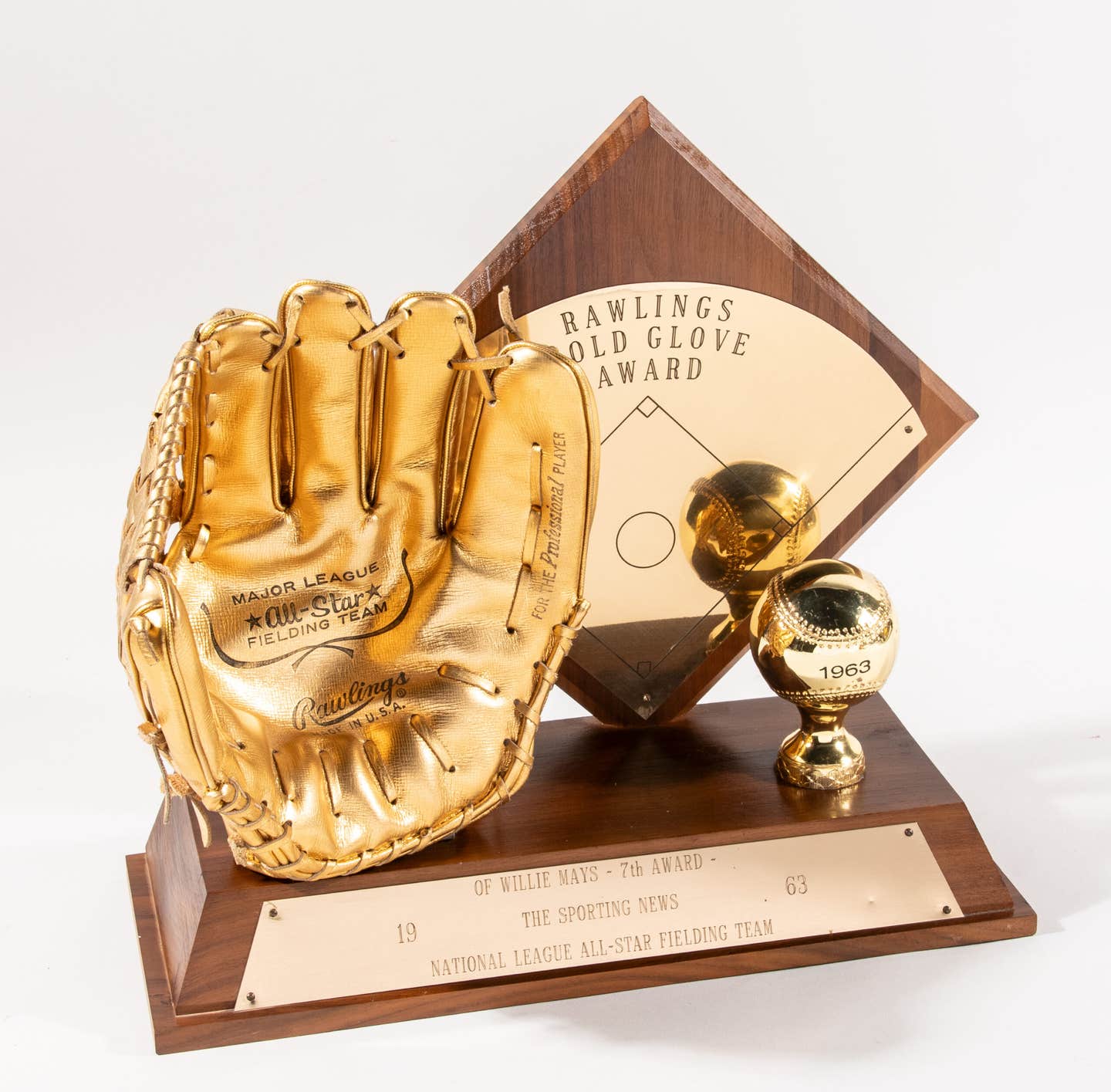News
Teachable moments from Super Bowl XXVII endure to this day
Don Beebe flipped open the mailbox at the end of his suburban Chicago driveway. There, amid the bills, magazines and circulars, was another batch of letters from strangers thanking him for an indelible moment from more than a quarter century ago. Not a day goes by when the former Buffalo Bills wide receiver isn’t reminded of the hustling, heads-up play he made in the waning minutes of a Super Bowl blowout loss. Although it had no bearing whatsoever on the outcome, the moment still resonates with people, especially when the NFL’s annual championship game rolls around, and the requests for autographs and media interviews tend to spike.
“It’s kind of mind-blowing, when you think about it,’’ Beebe said. “When I made the play, I’m thinking, ‘No big deal.’ Instead of losing 59-17, we lost 52-17. Who cares?”
As he discovered in the minutes, hours, days, weeks, months and years following that decisive loss to the Dallas Cowboys in Super Bowl XXVII on Jan. 31, 1993, it was a huge deal. Thousands cared. By chasing down Leon Lett and batting the ball away just as the showboating Cowboys defensive tackle was about to cross the goal line with a 64-yard fumble return, Beebe touched a chord with parents, coaches, teachers and kids.
A seemingly meaningless play became life-altering—for Beebe, Lett and scores of people they didn’t know.
“I believe it touched people more than if I had caught the game-winning touchdown,’’ Beebe said. “I think most people can relate more to being behind in life, but still giving an honest effort, still getting up and going to work or school each day and trying to make something positive happen.”
While Beebe was celebrated for his hustle, Lett was pilloried for his hot-dogging. The letters he received were venomous, many filled with racial epithets. Several anonymous correspondents even threatened to kill him because he had cost them money on their Super Bowl boards and bets.
To this day, and for as long as football is played, Lett will be remembered for his blooper that late January night at the Rose Bowl in Pasadena, as well as for his Thanksgiving Day faux pas 10 months later, when he inexplicably tried to recover a blocked field goal. Had he just stayed away from the spinning football, the Cowboys would have taken over possession and been able to run out the final seconds and secure a Turkey Day victory against the Miami Dolphins. Instead, Lett wound up muffing that play, too. The Dolphins recovered, giving Pete Stoyanovich another shot at a game-winning field goal, this time from a much closer distance. The kicker redeemed himself by drilling a 19-yarder through the uprights to propel the Dolphins to a two-point victory.
Those two botched plays before large national television audiences led to Lett being called the “King of Bloopers” – and much worse. And they overshadowed an otherwise solid 11-year NFL career that saw him earn two Pro Bowl invitations and three Super Bowl rings. Never mind that Lett had played an integral role in helping the Cowboys defense force nine turnovers in that 35-point Super Bowl romp against the Bills. Or that the following year his forced fumble on a Thurman Thomas carry during the opening drive of the third quarter resulted in a game-tying Dallas touchdown and completely shifted the momentum as the Cowboys won a second consecutive Super Bowl against Buffalo.
Instead, Lett’s name would wind up conjuring memories of other historical screwups, such as the wrong-way fumble return by Minnesota Vikings defensive lineman Jim Marshall that resulted in a safety against his team. Or the foolhardy pass by Dolphins kicker Garo Yepremian that was intercepted by Washington cornerback Mike Bass and returned for a touchdown in Super Bowl VII. Lett’s two bone-head plays garnered top 10 spots on biggest sports blunder lists compiled by ESPN and the NFL Network. They became storm clouds that followed him wherever he went.
For years, Lett rolled with it, tried to laugh when people brought up the defining moments he wished to forget. But, as he related in the documentary, “Lett It Ride,” he reached a breaking point on Thanksgiving Day in 2008 after seeing one of his “lowlights” replayed for the millionth time. It irked him so much that he bolted from his family’s dinner table, climbed into his truck and sped off to clear his head.
“I couldn’t get away from it,’’ he said, during the film. “This happened 15 years ago. Why is it still bothering me? I just got to let it go. And I finally did. Before that, people would come up – and some people would really try to get under my skin. So, it bothered me. But now I’ve learned whatever people say, good or bad, I don’t let it affect me, impact my day. That’s the No. 1 thing I’ve learned from the whole thing – I control my joy.”
And that joy includes the unlikely friendship that’s blossomed between Beebe and him.
“I’ve gotten to know Leon through the years, and he’s a great guy,’’ Beebe said. “I’m sad he had to go through that, but he’s reached a point where he’s also using the play as a teachable lesson. I give him so much credit. A lot of guys in his shoes would never want to re-live that stuff and talk about it. But he’s using his story to help others persevere. It’s funny. The two of us are coming at this from opposite directions, but with similar goals. We hope to inspire people, and teach them how something good can come from something bad.”
Beebe has vivid memories from Super Bowl XXVII and the events leading up to the hustle play NFL Network ranked as the 46th most memorable moment in pro football history. The wide receiver remembers being sky-high during pregame warmups. The Bills had lost consecutive Super Bowls, but Beebe was firmly convinced the streak was about to end, and that he would have a hand in it.
“I’m a faith-based person and I prayed that I would go out there and do something that would honor God and help me have an impact on people,’’ he recalled. “By the time I headed back to the locker room before pregame introductions, I was sure I was going to score the game-winning touchdown. God obviously had other plans.”
Beebe did catch a 40-yard touchdown pass, but it was the 90-yard sprint he made after Lett picked up quarterback Frank Reich’s fumble that produced the moment that’s still talked about 28 years later.
“I thought nothing of it at the time,’’ he said. “You look at my face after I swatted the ball away and you see disgust and frustration because we’re getting killed.”
It wasn’t until he was in the morgue-like locker room after the loss that he began to realize that maybe his all-out hustle play hadn’t been in vain. “I was sitting in front of my locker and I’m ticked,’’ he said. “Out of the blue, (late-Bills owner) Ralph Wilson comes up to me, shakes my hand, looks me square in the eye and says, ‘Son, you showed me a lot today. That meant a lot to me that you represented the Buffalo Bills like that.’”
Shortly after Wilson’s thank you, Beebe received another surprise when he was taken to a podium to speak to scores of reporters. “I’m thinking, ‘Why do they want me? I’m not a star,’” he said. “But there I was, answering questions for 10, 15 minutes about a play I thought hadn’t meant a lick.”
The impact really sank in during the ensuing weeks and months when bundles of mail were dumped in front of his locker at One Bills Drive in Orchard Park, N.Y.
“There were so many letters, I felt like Santa at Christmastime,’’ he said. “I had no idea how much that play had touched people.”
One letter, in particular, still chokes him up. “A grateful father wrote and told me how he had never had much of a relationship with his 14-year-old son, and how they watched me come out of nowhere on their television screen and bat the ball away,’’ Beebe says. “The dad said the life lessons he was trying to impart to his son finally registered. His kid tells him: ‘So, Dad, is that what you mean about never giving up?’ From that point on, their relationship improved dramatically.’’
Beebe also received a box from a man who had been down on his luck but won $40,000 when Lett didn’t score. The man used the money to start up his own hand-crafted golf club business. Inside the box was a driver for Beebe.
Four years after that loss, the speedster wound up winning a Super Bowl with the Green Bay Packers. Quarterback Brett Favre gave him the ball after the game ended. The keepsake is a reminder of Beebe’s happiest football moment, but not his finest. His never-say-die play still is No. 1. It defines his career and is the centerpiece of motivational speeches the 56-year-old delivers to business and church groups around the country, and to the football players he coaches at Aurora (Ill.) College, a Division III powerhouse.
That Beebe would be involved in such a play is no surprise to those who know him. Like Rudy, the Notre Dame football player whose life was immortalized in a classic movie, Beebe had been sold short by college recruiters. He spent five years pounding nails for a construction company before giving college football and the NFL a shot. The swift-footed, 5-foot-11 receiver defied huge odds by playing nine seasons in the pros, catching 219 passes and scoring 25 touchdowns.
Lett’s career journey was just as improbable. Academic issues drove him from major college football to tiny Emporia State University in Kansas. The Cowboys took a chance on him, drafting him in the seventh round in 1991, and the gamble paid huge dividends as the agile, 6-foot-6, 285-pound lineman known as “Big Cat” recorded 22.5 sacks, 128 tackles for losses, 26 deflected passes and four blocked kicks during his 12 NFL seasons. In 2011, Lett’s career came full circle when he returned to Dallas as a Cowboys assistant coach, a position the 52-year-old still holds.
Teaching defensive linemen proper techniques for beating would-be blockers and getting to ballcarriers and quarterbacks is only part of the wisdom he imparts.
Among the other lessons: “Even though you see the goal line, don’t dance until you get across it.”
As he and Beebe learned, you should never stop hustling because you never know when a seemingly meaningless play might become life-altering.
Scott Pitoniak is a nationally honored journalist and best-selling author of more than 25 books, including the recently published, “Remembrances of Swings Past: A Lifetime of Baseball Stories,” available in paperback and Kindle at amazon.com.
Beebe, Lett cards are super cheap
Those who like to collect autographs from “heroes” and “goats” of signature sports moments are in luck when it comes to Don Beebe and Leon Lett. Photographs of the play that forever links them – Buffalo Bills wide receiver Beebe swatting the ball out of Dallas Cowboys tackle Lett’s hands just as he’s about to cross the goal line in Super Bowl XXVII – can be found on eBay for as little as $19.95, signed by both players.
Their cards are extremely affordable. A Beebe 1989 Topps rookie (shown here) is listed at $4.99, while his Score rookie card ranges from $1.50 to $5.80. Lett’s 1993 Ultra rookie card is valued at $2, while his signed 2020 Panini Mosaic card goes for anywhere from $29.99 to $49.99 – all depending on condition, of course.
An unused ticket from their Super Bowl moment goes for $275, while a game-worn Lett jersey is available for $800.
An autographed copy of Beebe’s memoir, “Six Rings from Nowhere,” is available for $24.95, and a signed Green Bay Packers jersey from his only Super Bowl victory is listed at $149.
– Scott Pitoniak
Scott Pitoniak is a nationally honored journalist and best-selling author of more than 25 books, including the recently published, “Remembrances of Swings Past: A Lifetime of Baseball Stories,” available in paperback and Kindle at amazon.com.



